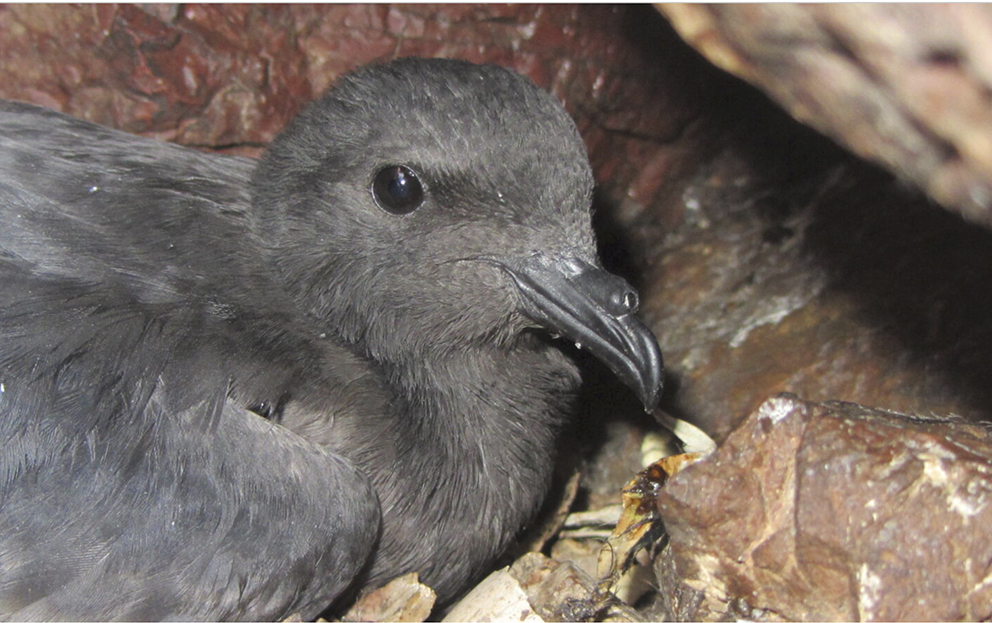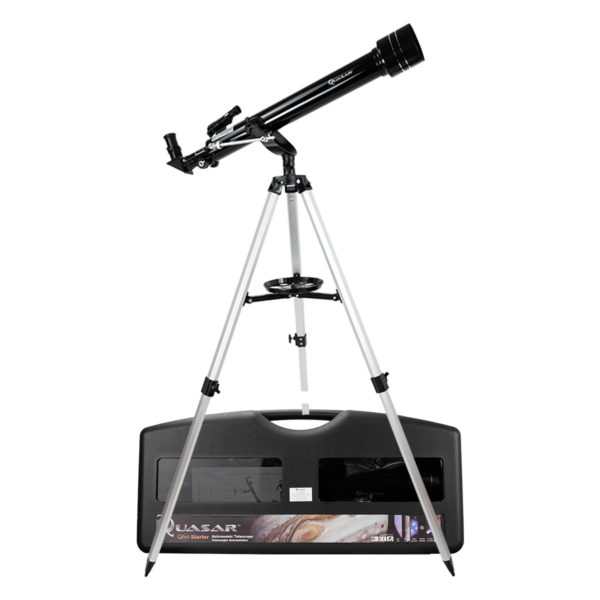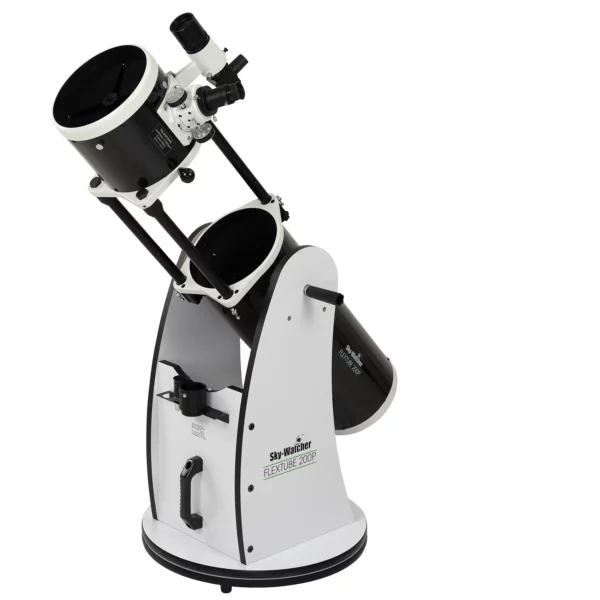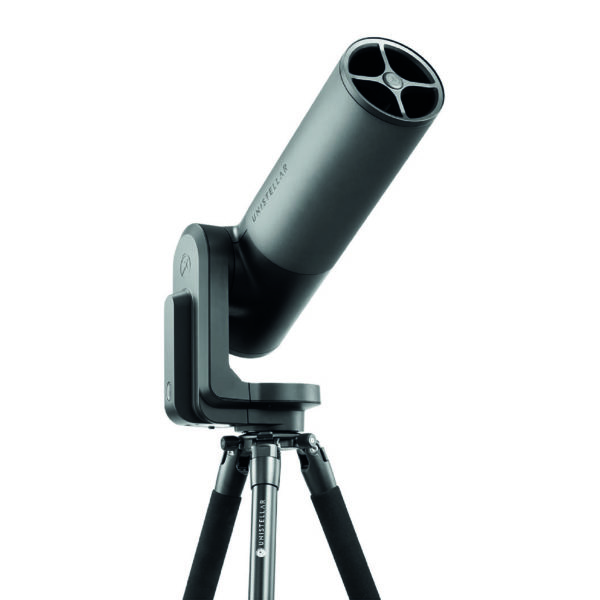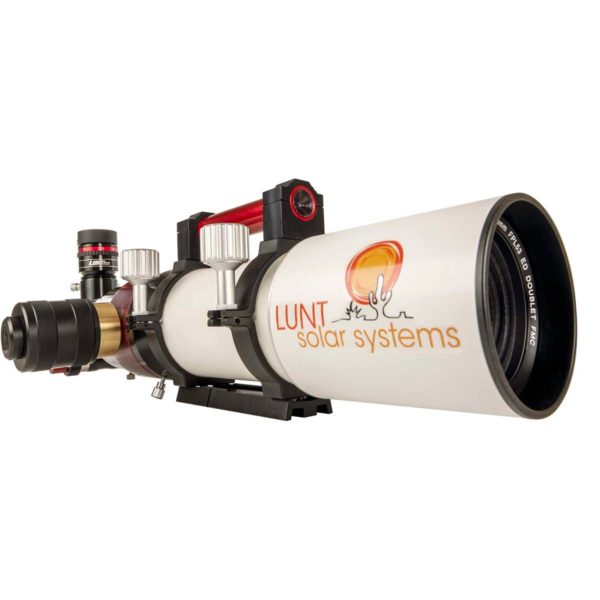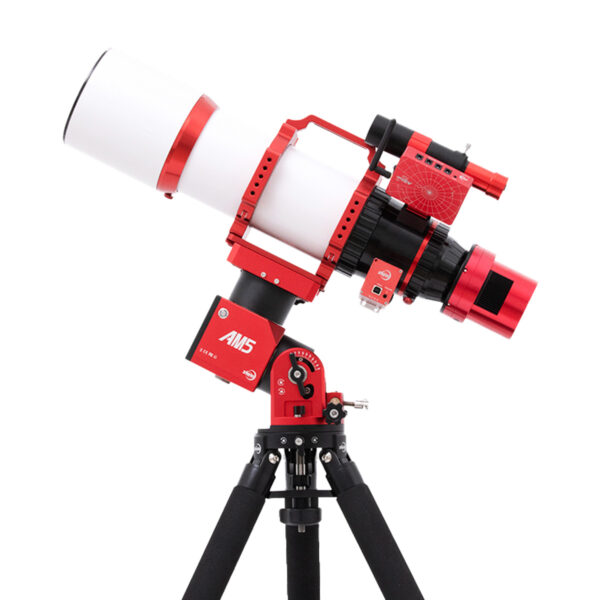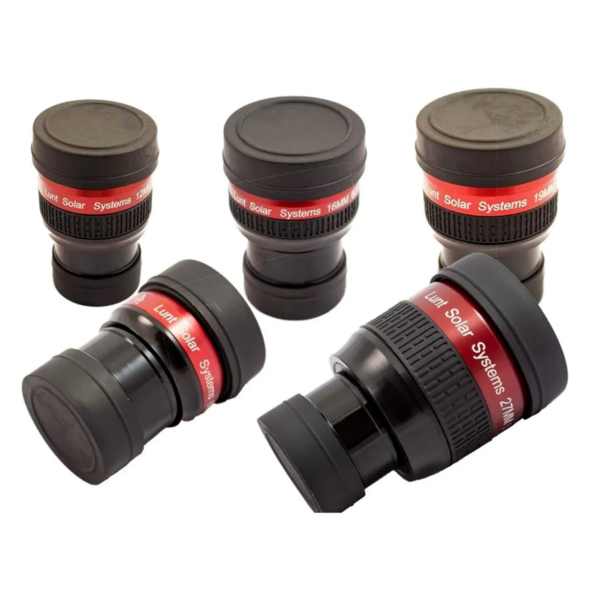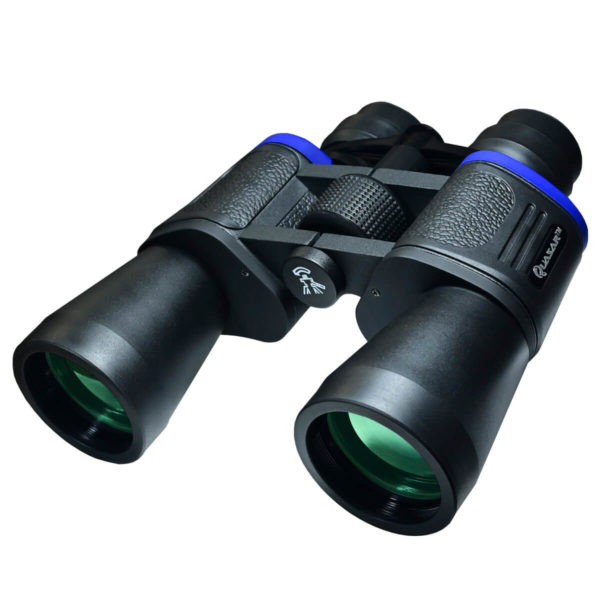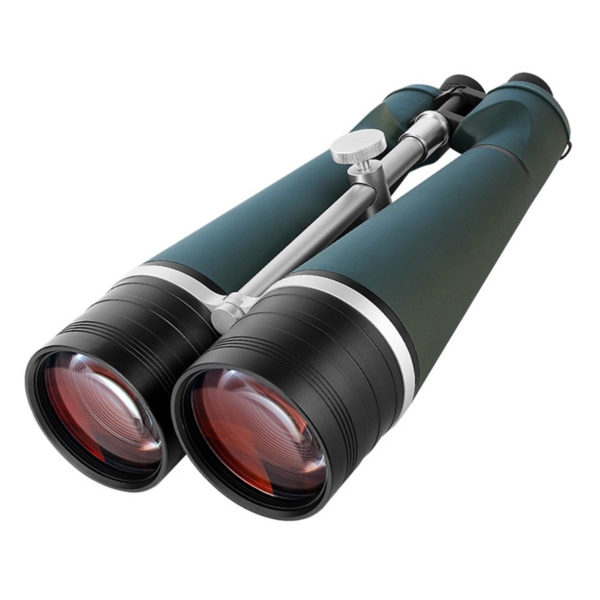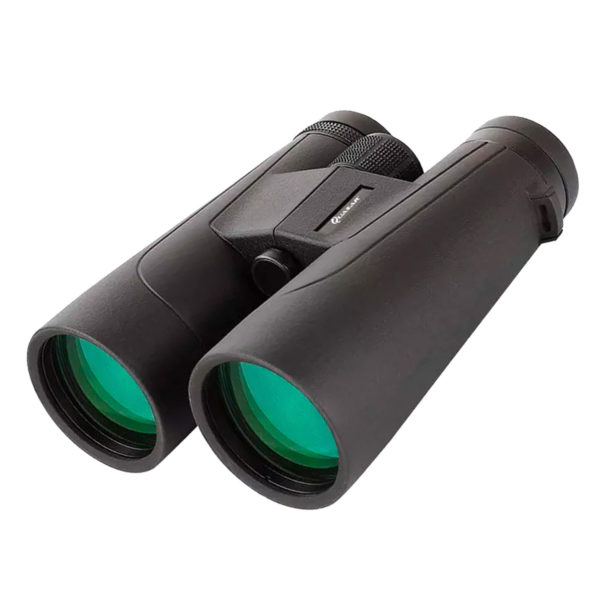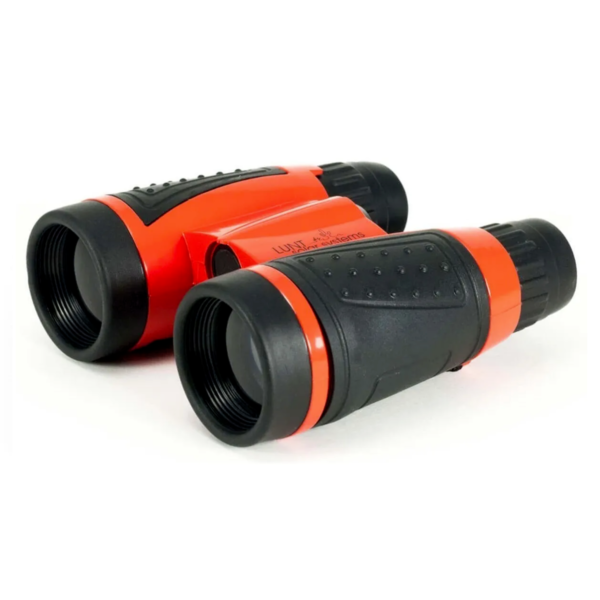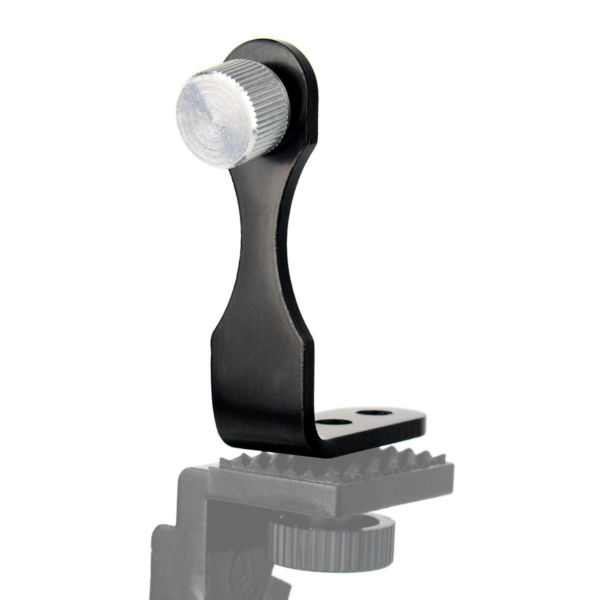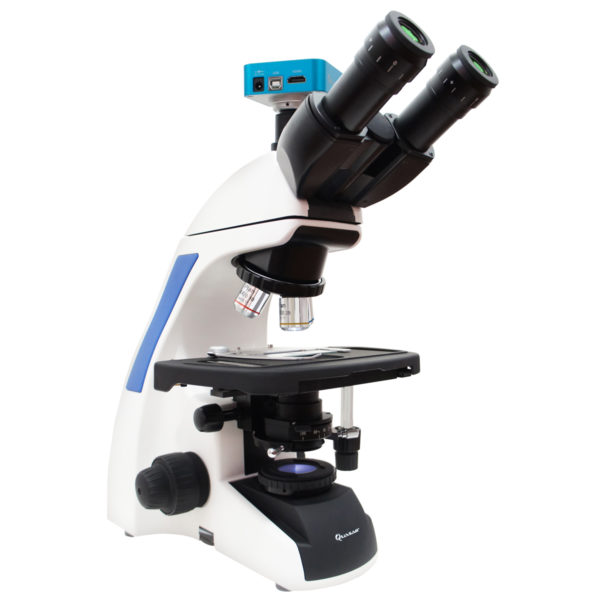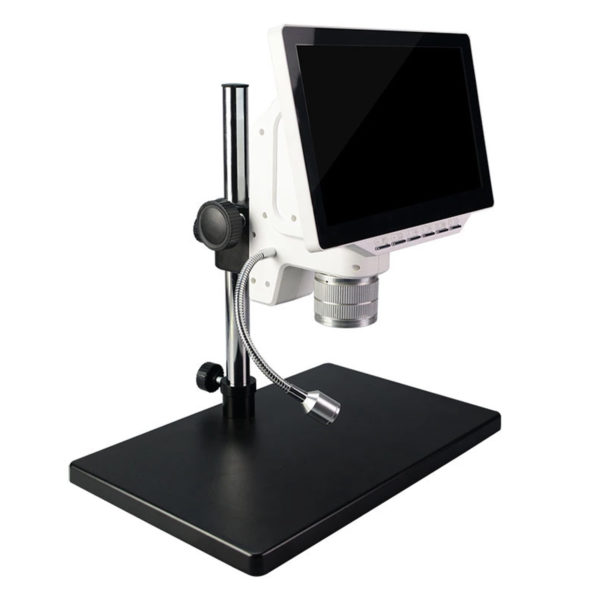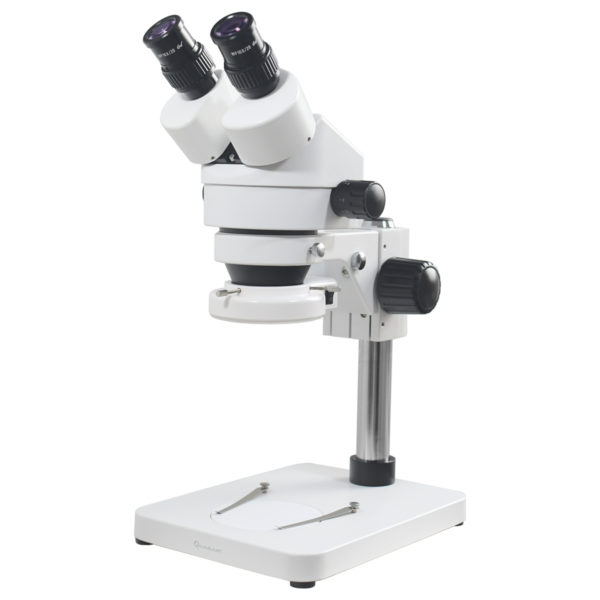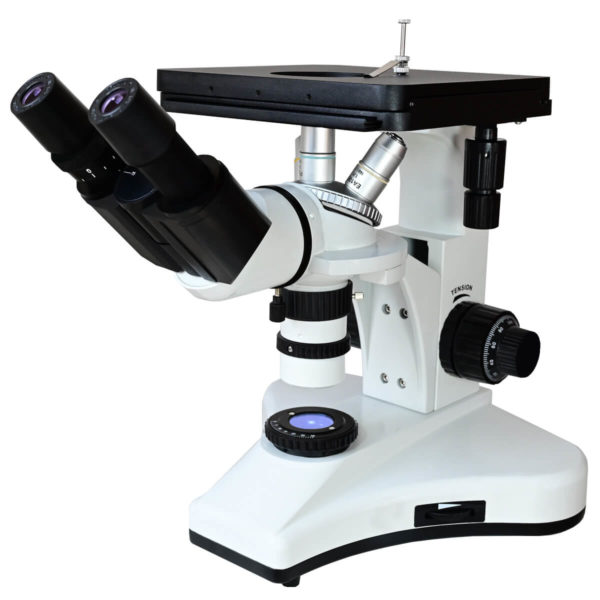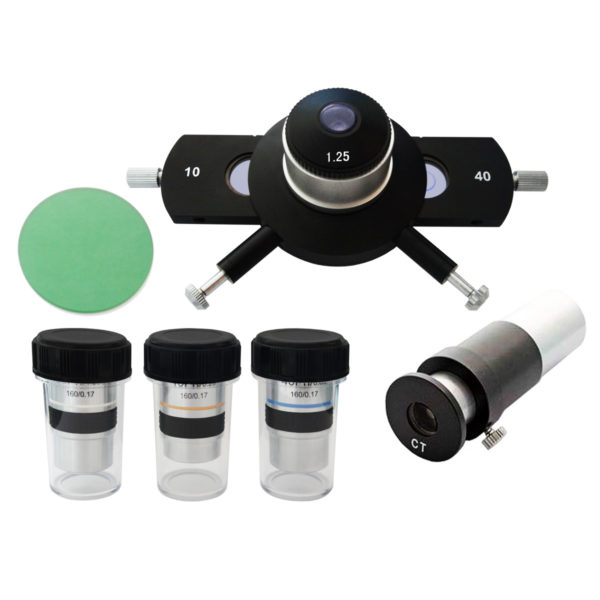The Mexican scientist awarded in London and her work.
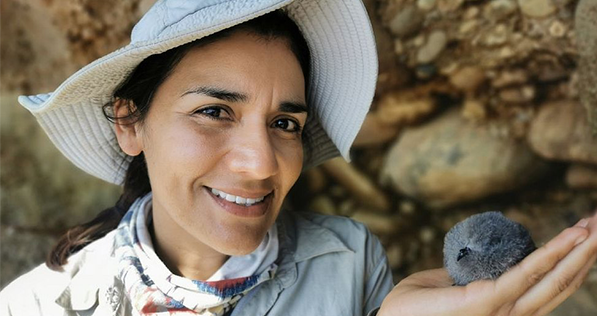
To be committed to science requires a lot of willpower, sometimes you may not be recognized in your country, and in another if, or you can be recognized in both or neither, but that does not detract from the work, and we can not deny that anywhere that recognize your achievements gives you motivation to advance further.
Today we will talk about Yuliana Bedolla, a scientist who has been awarded in London for protecting some nocturnal birds in the Pacific islands, Yulia started her career underwater, studying corals and the underwater world, but at some point in her history, she turned to birds. It was precisely when on Wednesday, April 26th of this year, he received the Whitley Foundation for Nature Award.
Esta fundación da el premio cada año a conservacionistas inspiradores, combinado la ciencia, la innovación y el trabajo en conjunto con comunidades locales. Yulia es la única latinoamericana en ganar este premio, hasta la fecha, la razón fue por proteger de mamíferos invasores a colonias de anidación de aves marinas nocturnas.
These islands are fragile ecosystems due to their isolation, in addition to being key to one third of the world’s seabirds as they rest and nest on them.
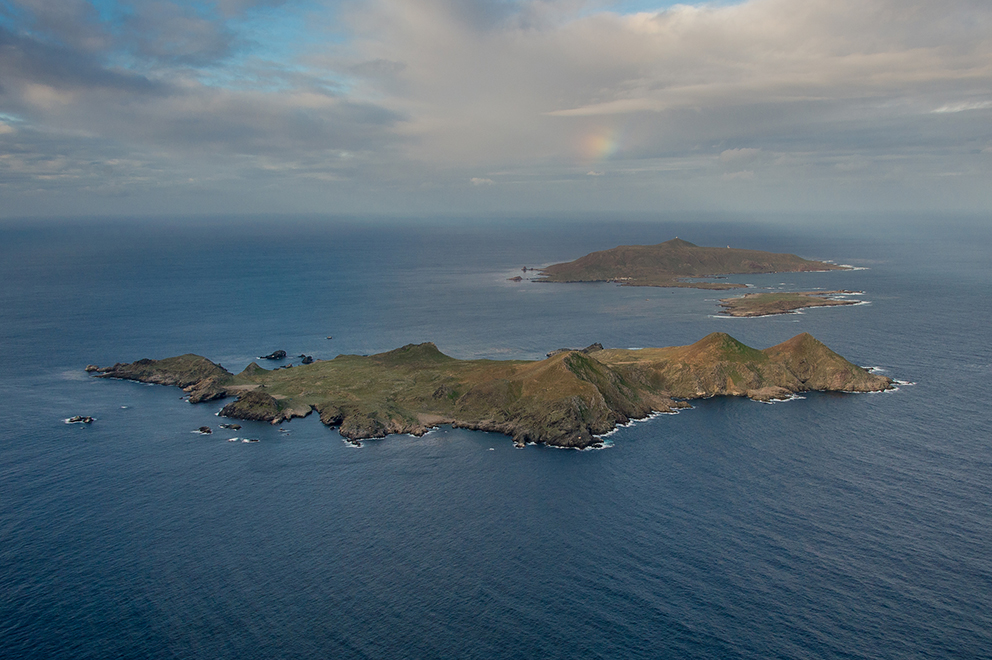
The Pacific islands off the Baja California peninsula are essential nesting sites for 23 marine species, 11 of which are nocturnal during the nesting season.
There are two species of birds such as shearwaters and petrels, the former nest and only return at night, in order to avoid predators, as it is safer for their only offspring, besides not making a very distant migration, while the black petrel can migrate to the Gulf of Tehuantepec, Central America to reach the coasts of Peru or Ecuador.
Islands such as Natividad and San Benito Oeste are home to a million species of nocturnal seabirds. To such an extent that 90% of the world’s population of Mexican shearwaters live on these islands.
They dig tunnels that can sometimes be up to one or three meters long, inside there are several nests, or among the rocks, inaccessible places to keep the young safe. For a while rodents invaded the islands putting the native fauna at risk, but fortunately after 600,000 dollars and seven years the islands are safe from invasive species, which were accidentally introduced by humans.
Bedolla emphasizes that we must be careful when visiting such places, as our intrusion can mean a drastic change in the ecological balance of these biomes.
As we mentioned at the beginning, these actions earned the award for thethe inspiring conservationists”.Although there are still risks for the islands, and much remains to be done with more places and species, if we all do our part and remain vigilant, everyone can help to maintain the flora and fauna of our home. And would you be willing to help conserve an endangered species where you live?
